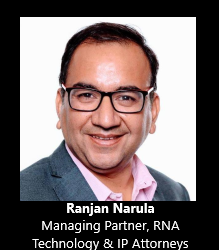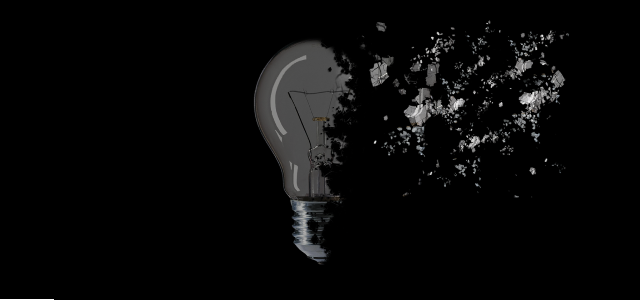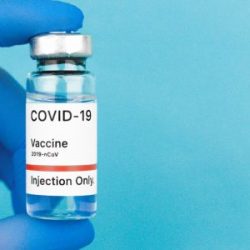The Kolkata High Court, while hearing an appeal against the refusal of a patent application, laid down important guidelines for the Patent Office directing that “upon amendment of the claims, the amendment application ought to be examined in a manner similar to the original application. When a complete specification is amended, such amended specification should be re-examined and a Report issued in the manner stipulated under section 12 of the Act”.
Facts
- A patent application 201737035802, by GUANGDONG OPPO MOBILE TELECOMMUNICATIONS CORP., LTD. was filed in India on 9 October 2017 for an invention titled “CHARGING SYSTEM AND CHARGING METHOD, AND POWER ADAPTER”.
- The patent application was refused by the Indian Patent Office on grounds including lack of inventive step.
- The refusal order was appealed by the patent applicant/appellant on the basis that:
- The refusal order was a non-speaking order with no reasons provided.
- The Controller/ Respondent failed to appreciate that the objections on the grounds of lack of novelty and lack of inventive steps cannot stem from the same document. It was also alleged that the impugned order uses the words “novel” and “inventive” interchangeably without appreciating the meaning and content thereof.
- The two additional prior arts D5 and D6 were cited for the first time at the hearing stage when the hearing notice was issued without giving any opportunity to the appellant to respond or make amendments to the same.
- The appellant was also not granted any opportunity to dispute the alleged insufficiency of disclosure under section 10(4)of the Act with regard to the term “transformer” which was only raised for the first time at the hearing.
Court Ruling
- On the novelty and inventive step, the Court held that “the respondent has failed to demonstrate how the prior art D1 contains all the elements and deals with the subject invention in its entirety. In finding that the document D1 rendered the subject invention obvious as well as was as an anticipating document the respondent has erred in law. The same document cannot be said to be rendering an invention obvious in combination with other documents where it is supposed to deal with every feature of the subject invention and its mode of operation. There are no reasons in the impugned order which demonstrate why the subject invention lacks novelty”.
- The grounds of lack of novelty cannot work in tandem with the lack of inventive steps in an opposing grant of any patent. The tests for novelty and obviousness are different and cannot coexist in connection with the same document. Thus, an invention cannot be considered to involve an inventive step if it is obvious to a person skilled in the art whereas an invention would lack novelty if a single prior art document contains an enabling disclosure of the claimed invention.
- Section 13(3)of the Patent Act makes it apparent that upon amendment of the claims, the amendment application ought to be examined in a manner similar to the original application. When a complete specification is amended, such amended specification should be re- examined, and a Report issued in the manner stipulated under section 12 of the Act. The court noted that in passing the impugned order, there has been a violation of the statutory provisions in issuing the hearing notice citing additional objections and relying on the same in without granting an opportunity to the appellant to amend its claim and without issuance of a Second Examination Report.
Our comment
It was early for the Indian Patent Office to issue the second examination report before appointing a hearing. And during the Second examination, fresh objections on obviousness and lack of inventive step could be raised. This practice was discontinued for faster processing of the patent applications and as per the current practice all objections are raised at the same time. However, the Court’s ruling that any amendment made by the applicant should trigger fresh examination is likely to prolong the prosecution procedure. Currently, to overcome the objections, any amendments made by the applicant in the examination are considered by the controller based on the written submissions filed by the applicant.
Written by Ranjan Narula and Suvarna Pandey of RNA Technology and IP Attorneys














